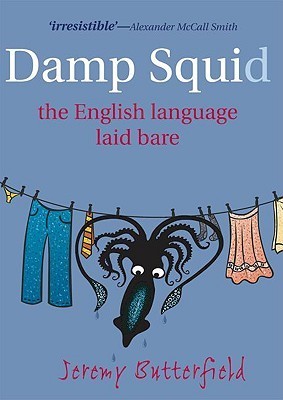What do you think?
Rate this book


192 pages, Hardcover
First published October 30, 2008
Someone criticizing a restaurant writes: ‘The lunch menu is laminated, which is difficult to bear if you are to the menu born like me.’
The obsolete adjective fell (= ‘cruel, ruthless’) puzzles people, so they reinterpret it. Bird imagery, as we saw earlier, is very common in English, so it is not surprising to find in one fowl swoop.
To use Shakespeare’s time-honoured phrase, our ability to look at language through corpora constitutes a true sea change in the study of English. In a sort of human genome project for language, evidence from a corpus allows dictionary makers and linguists to look both at the whole genetic structure of English, and at the genetic make-up of each and every word. They can build up a picture of English as used and validated by the entire language community who speak it—for in the end it is speakers, not dictionaries, who decide how language is used.